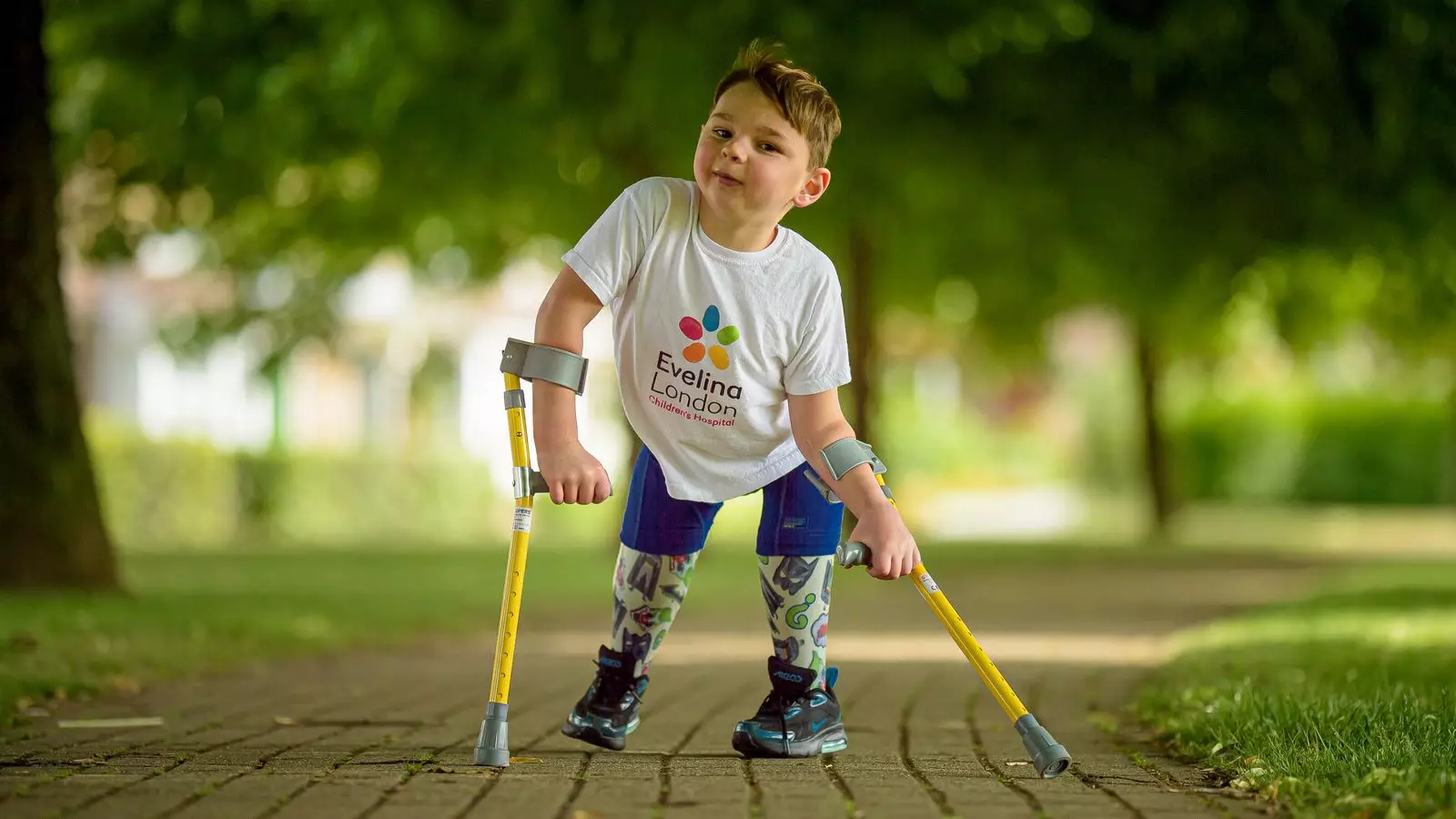The heinous case of Jody Simpson and Anthony Smith, who subjected their infant son, Tony Hudgell, to unspeakable torture, raises profound and unnerving questions regarding the justice system’s treatment of child abusers. This couple inflicted horrific injuries on their 41-day-old child that resulted in amputation and lifelong suffering. To witness Jody Simpson being granted early release from prison after only serving a fraction of a decade for such brutal crimes is an alarming reflection of societal indifference toward the brutal realities faced by victims of child abuse.
Tony’s case transcends mere numbers and statistics; it embodies heartbreaking individual suffering. His surviving injuries serve as a macabre reminder of the unequivocal cruelty inflicted by his biological parents. The fact that his early life was marred by agonizing experiences is a chilling testament to the darkness embedded in human nature. It’s both infuriating and devastating to realize that the justice system often does not mirror the gravity of the crime, leaving many to wonder if a child’s life is truly valued in contemporary society.
The Parole System Under Scrutiny
The decision to release Simpson sparks intense debate over the effectiveness and moral integrity of the Parole Board. On what grounds can we justify the release of someone who has caused irreversible harm to an innocent child? Although the Parole Board asserts its commitment to public safety and rehabilitation, one cannot help but feel that the criteria and evaluations employed in such decisions lack adequate weight and accountability. Shallow reassurances fail to address the raw reality that Tony will bear the consequences of his abusers’ decisions every single day of his life.
Moreover, the notion of rehabilitation in cases of severe child abuse is complex and arguably misguided. If rehabilitation is guaranteed, shouldn’t it involve more stringent guidelines concerning monitoring and community reintegration? The mere act of confining someone to a prison does little to guarantee that they won’t reoffend upon release, especially in a context where emotional and psychological factors play crucial roles in human behavior.
Public Outcry and Political Response
Tony’s case ignited a national outcry, serving as a wake-up call for legislators and citizens alike. The calls for “Tony’s Law,” aiming to impose harsher penalties on child abusers, are a critical step forward, but they often hit a brick wall of bureaucratic ambivalence. Public figures like Tory MP Tom Tugendhat have valiantly rallied against the injustice of premature releases, highlighting that the systemic failings go far deeper than a single case.
Rallying around Tony’s plight serves not only to honor his struggle but also to galvanize societal consciousness about child abuse. It compels us to question whether legal frameworks are adequately equipped to deal with crimes whose impact reverberates through generations. As we confront this unsettling reality, the push for reform should gain momentum, propelled by the indignation felt by those who understand that every released abuser is a potential threat.
Beyond the Individual: Societal Responsibility
Simpson’s release is not merely an isolated incident; it is emblematic of broader societal shortcomings. The moral imperative to protect children must take precedence over defending the rights of perpetrators, no matter how the justice system may prioritize risk assessments. Society must grapple with the uncomfortable truth that the scales of justice often seem tilted against the most vulnerable among us.
With policies that allow such individuals a path back into the community, we risk putting innocent lives at stake. The implications extend beyond just legal ramifications; they stir deep emotional responses and challenge the collective conscience of society. How many more Tonys are there, lurking in silence, bearing the weight of parental cruelty and societal neglect?
The early release of Jody Simpson is a grim reminder that until systems become robust, vigilant, and unequivocally committed to protecting children from abusers, we remain complicit in the ongoing cycle of violence and trauma. It is time to advocate for a justice system that prioritizes healing and protection over mere legal formalities, ensuring that victims’ voices are heard and respected. Only then can we hope for a future where children are genuinely safeguarded from the horrors of abuse.

Leave a Reply